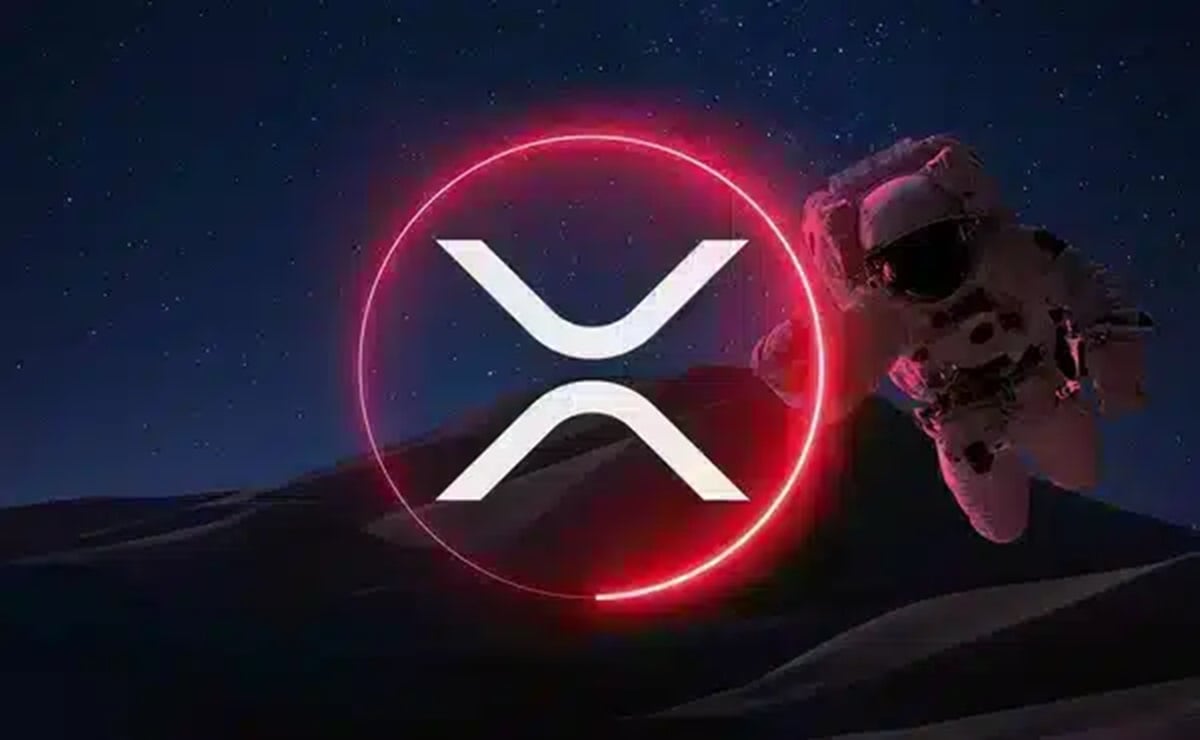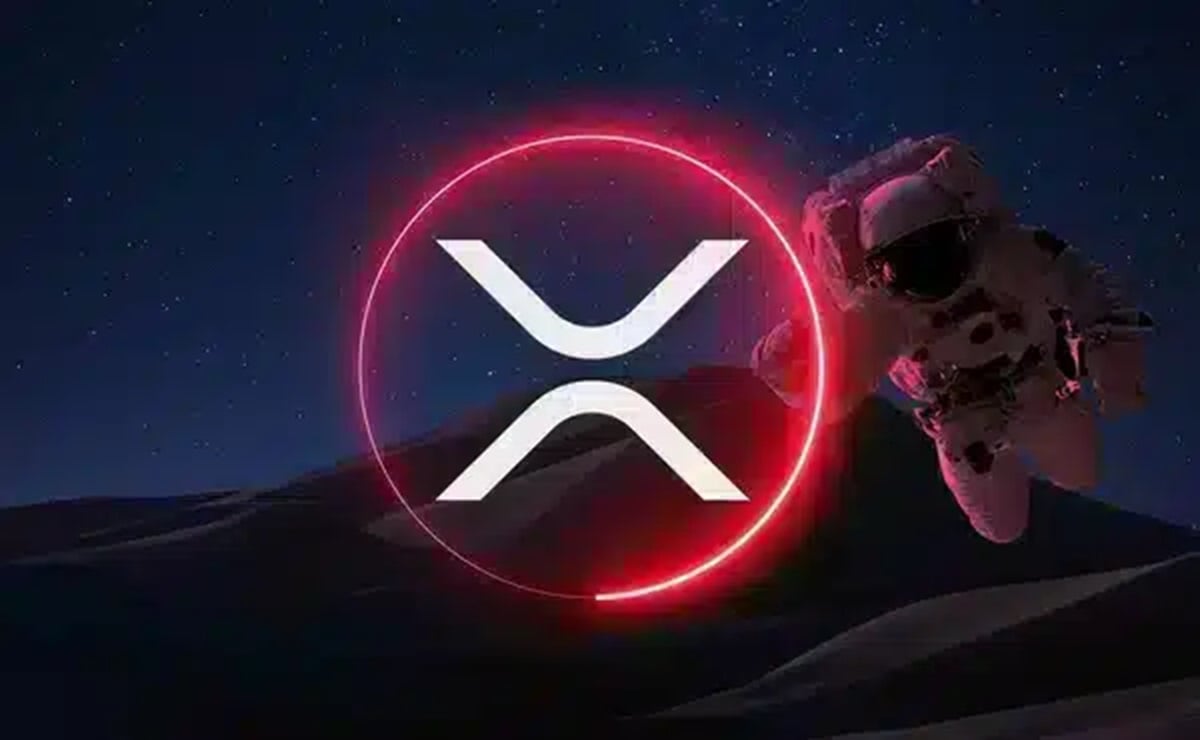
- Ripple CEO Brad Garlinghouse thinks more crypto ETFs are coming, including XRP, but it will take time due to SEC concerns.
- Market experts doubt SEC approval for an XRP ETF, citing regulatory hurdles and the absence of XRP on regulated platforms.
In a recent appearance at the Paris Blockchain Week, Ripple’s CEO Brad Garlinghouse weighed in on the possibility of an XRP Exchange-Traded Fund (ETF) hitting the market. Amidst growing speculation and regulatory hurdles, Garlinghouse expressed optimism but acknowledged the need for patience in navigating the complexities of the Securities and Exchange Commission (SEC) landscape.
It’s great to be back at @ParisBlockWeek — I joined @xrpl_commons CEO David Bchiri on stage to discuss why Ripple is planning to launch a USD stablecoin later this year, growing the #XRPL community, and crypto regulation (of course!). pic.twitter.com/r2No7XmQZZ
— Brad Garlinghouse (@bgarlinghouse) April 10, 2024
During his appearance, Garlinghouse affirmed his belief in the eventual emergence of crypto ETFs beyond Bitcoin. However, he cautioned that regulatory reservations, particularly those held by the SEC, could prolong the process. The SEC’s history of enforcement actions against crypto projects, including Ripple, casts a shadow of uncertainty over the industry’s future developments.
Highlighting XRP’s Regulatory Clarity
Garlinghouse singled out XRP and Bitcoin as the only cryptocurrencies with clear regulatory status. This clarity stems from Judge Analisa Torres’s ruling, affirming XRP’s non-security status. According to Garlinghouse, such clarity positions XRP favorably for potential inclusion in an ETF once regulatory hurdles are surmounted.
Despite Garlinghouse’s optimism, other market experts remain skeptical about the prospects of an XRP ETF. Scott Johnsson of Van Buren Capital expressed doubts about the SEC’s willingness to approve such an ETF, citing the need for leadership change within the Commission.
Cathie Wood, CEO of Ark Invest, echoed similar sentiments, predicting a limited scope for ETF approval beyond Bitcoin and Ethereum. Wood’s skepticism revolves around the SEC’s historical reluctance to recognize cryptocurrencies beyond the two dominant players in the market.
Impediments to XRP ETF Launch
Bloomberg analyst James Seyffart outlined key hurdles hindering the launch of an XRP ETF. Apart from regulatory concerns, Seyffart emphasized the absence of XRP from regulated markets like the Chicago Mercantile Exchange (CME) as a significant barrier. The SEC’s previous rejection of Spot Bitcoin ETFs due to susceptibility to market manipulation underscores the importance of regulatory oversight and market integrity.
Seyffart highlighted a potential solution to expedite the launch of an XRP ETF: listing XRP futures on regulated exchanges like the CME. Drawing parallels with the approval of Bitcoin ETFs following the listing of Bitcoin futures on the CME, Seyffart suggested that a similar approach could pave the way for XRP ETFs. By leveraging the regulatory oversight of the CME, issuers can address concerns regarding market manipulation and bolster the case for regulatory approval. While Ripple CEO Brad Garlinghouse remains optimistic about the prospect of an XRP ETF, regulatory challenges loom large.
XRP Faces Consolidation Amid Regulatory Uncertainties
XRP, the digital asset known for its ties to Ripple Labs, is navigating a consolidation phase amidst ongoing regulatory uncertainties. The recent approval of 11 spot Bitcoin exchange-traded funds (ETFs) has injected optimism into the cryptocurrency market, including XRP, yet significant hurdles remain.
Technical analysts have identified bullish patterns within XRP’s price movements, signaling a potential surge to $1.10. Despite this optimistic outlook, the lack of a convergence point until 2024 suggests that XRP may maintain its consolidation trajectory for the foreseeable future. Investors and enthusiasts closely monitor regulatory developments, recognizing their potential to provide clearer direction for XRP and the broader cryptocurrency market.






















